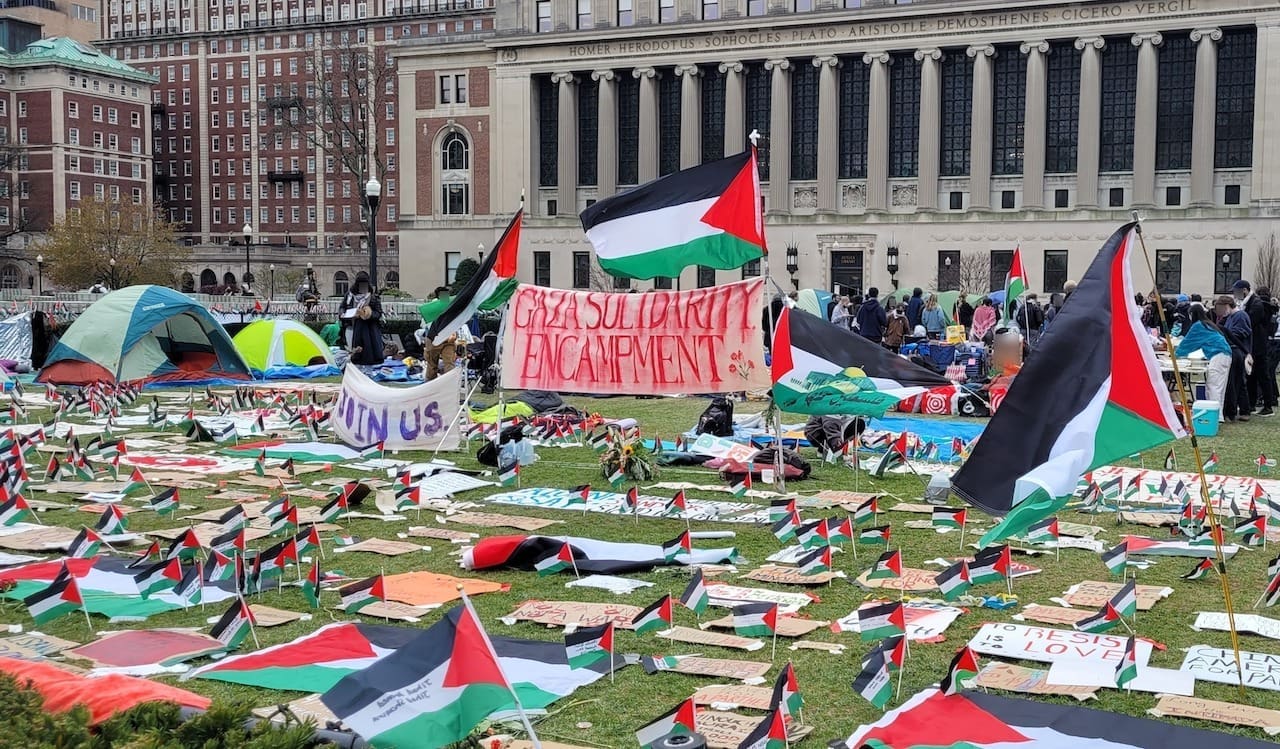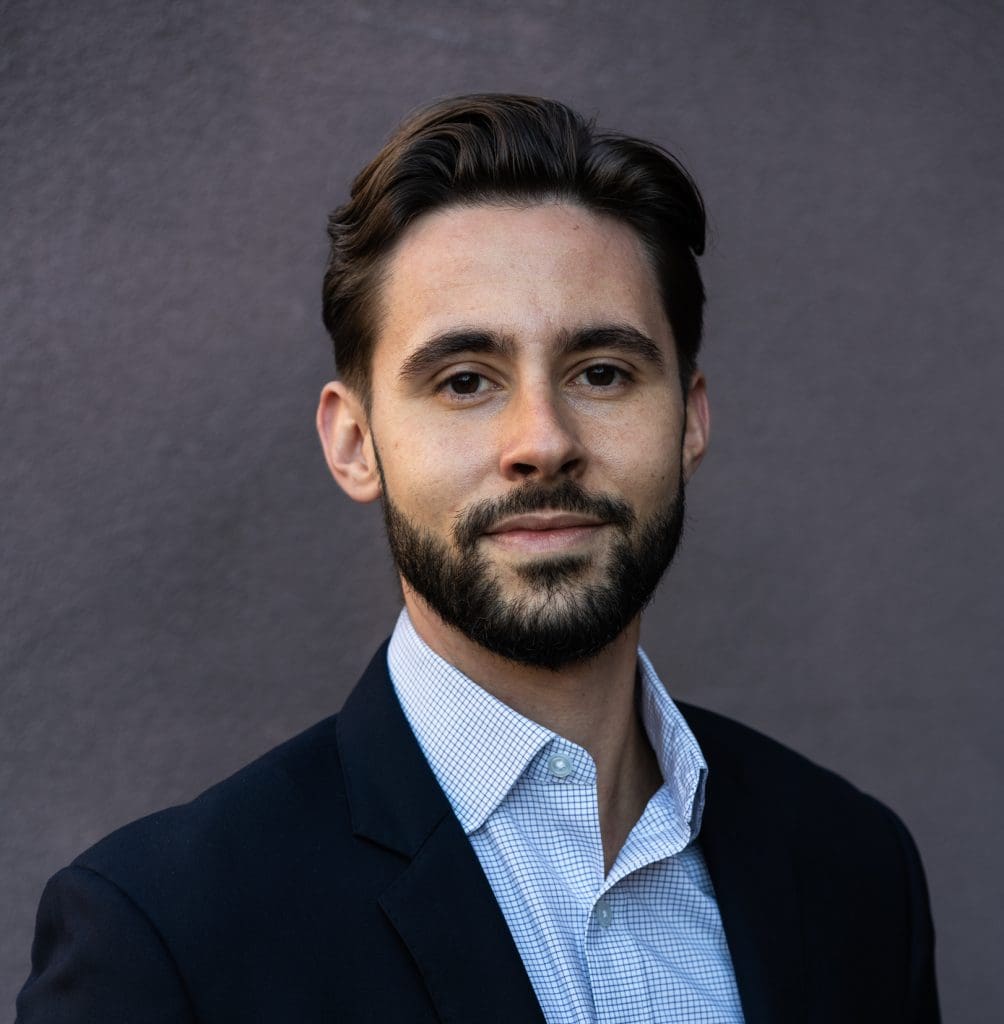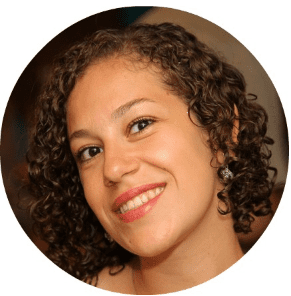
The student encampment at Columbia University set off a wave of Gaza solidarity protests on college campuses across the country. The movement has called for an end to the US’s unconditional support for Israel and spotlighted the role of universities and corporations in upholding Israel’s system of oppression.
The uprising, which has since spread across the globe, builds on long-held traditions of student activism and harkens back to the legacy of previous student movements against the war in Vietnam and apartheid in South Africa. It also emerged as the latest sign of a wider shift in public opinion on the Palestinian struggle for liberation that policymakers continue to ignore. While many of the encampments have been dismantled and thousands of student protesters brutally arrested, this is likely only the beginning of a movement determined to hold academic and political institutions accountable.
In this policy lab, Nour Joudah and Kylie Broderick join host Tariq Kenney-Shawa to discuss some of the key lessons to be gleaned from the encampments and how we can best build on them to strengthen the Palestine solidarity movement moving forward.










